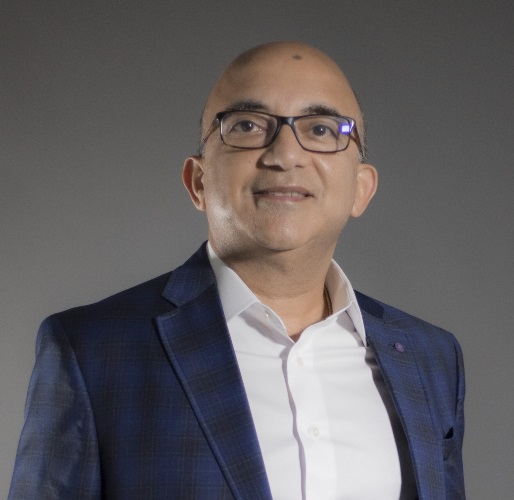Only 13% of the global workforce feels energized and fulfilled at work—a striking failure despite billions spent on engagement programs. The problem isn’t effort; it’s a misunderstanding of human motivation. Traditional management assumes that everyone should pursue stretch goals under tight supervision, and that without control, people won’t perform. These assumptions are outdated and counterproductive.
Human performance naturally follows the Pareto Principle, or the 20/60/20 rule: around 20% of employees are high performers, 60% perform steadily, and 20% fall below average. Yet most organizations ignore this distribution, expecting everyone to operate at peak performance all the time. The result is burnout, frustration, and disengagement.
Instead of enforcing uniform expectations, leaders should embrace individual choice and honest dialogue. Allowing employees to self-select their level of contribution—whether they wish to stretch, sustain, or step back—acknowledges life’s changing circumstances and creates a culture of authenticity. When people feel trusted to decide how much effort to give, they become more accountable and self-motivated.
The evidence is compelling. Uber drivers, who control when and how much they work, report 78% engagement—six times the global average. In contrast, New York taxi drivers, bound by rigid income targets, experience high stress and inefficiency. Freedom, not control, drives motivation.
True stewardship in leadership means trusting people over managing them. It recognizes that performance cannot be forced—it must be chosen. By legitimizing diverse performance levels and fostering open, judgment-free conversations about goals and effort, organizations can unlock higher engagement, stronger well-being, and sustainable results.
When we give people the freedom to choose, they give back far more than control could ever achieve.
Posted 10/06/2021

















